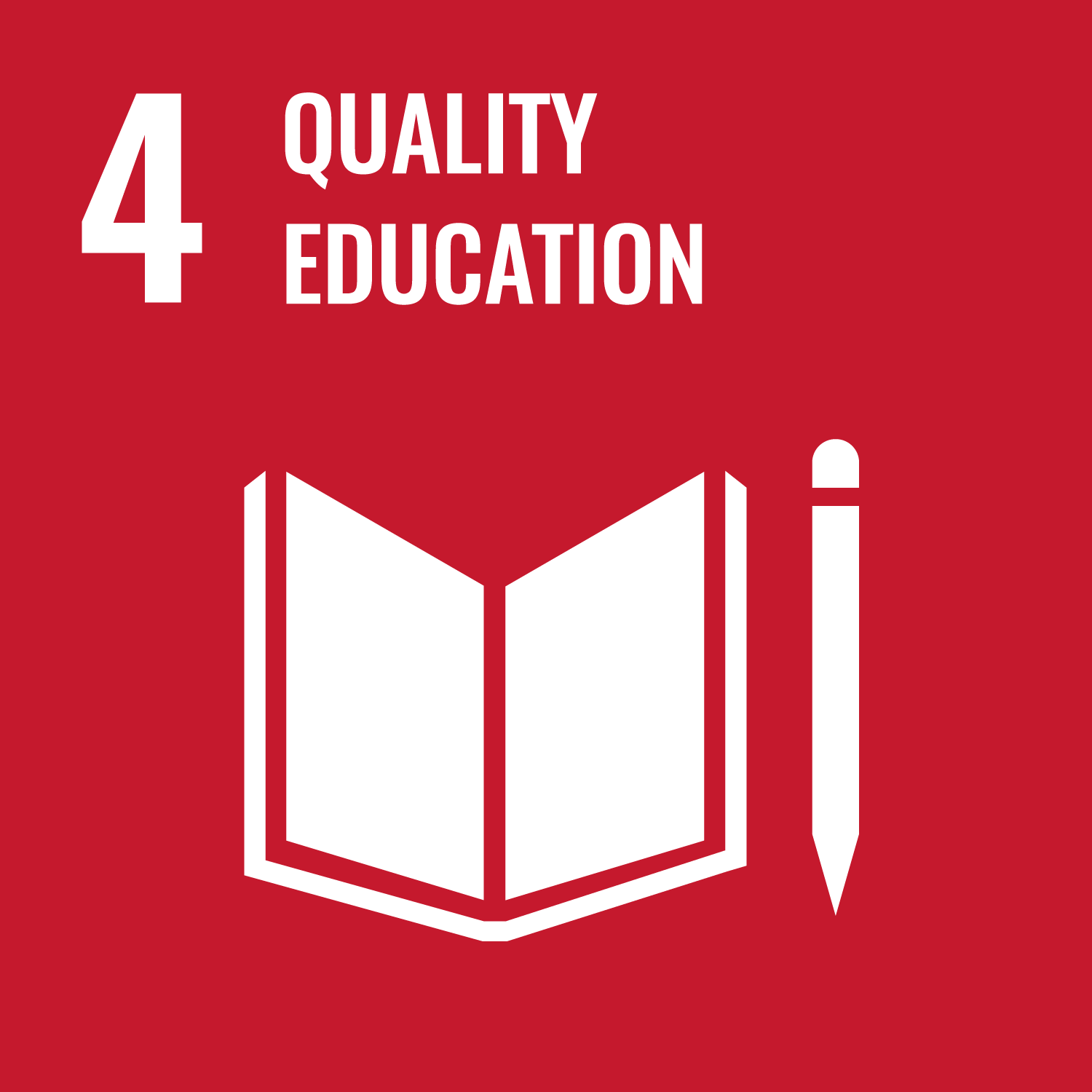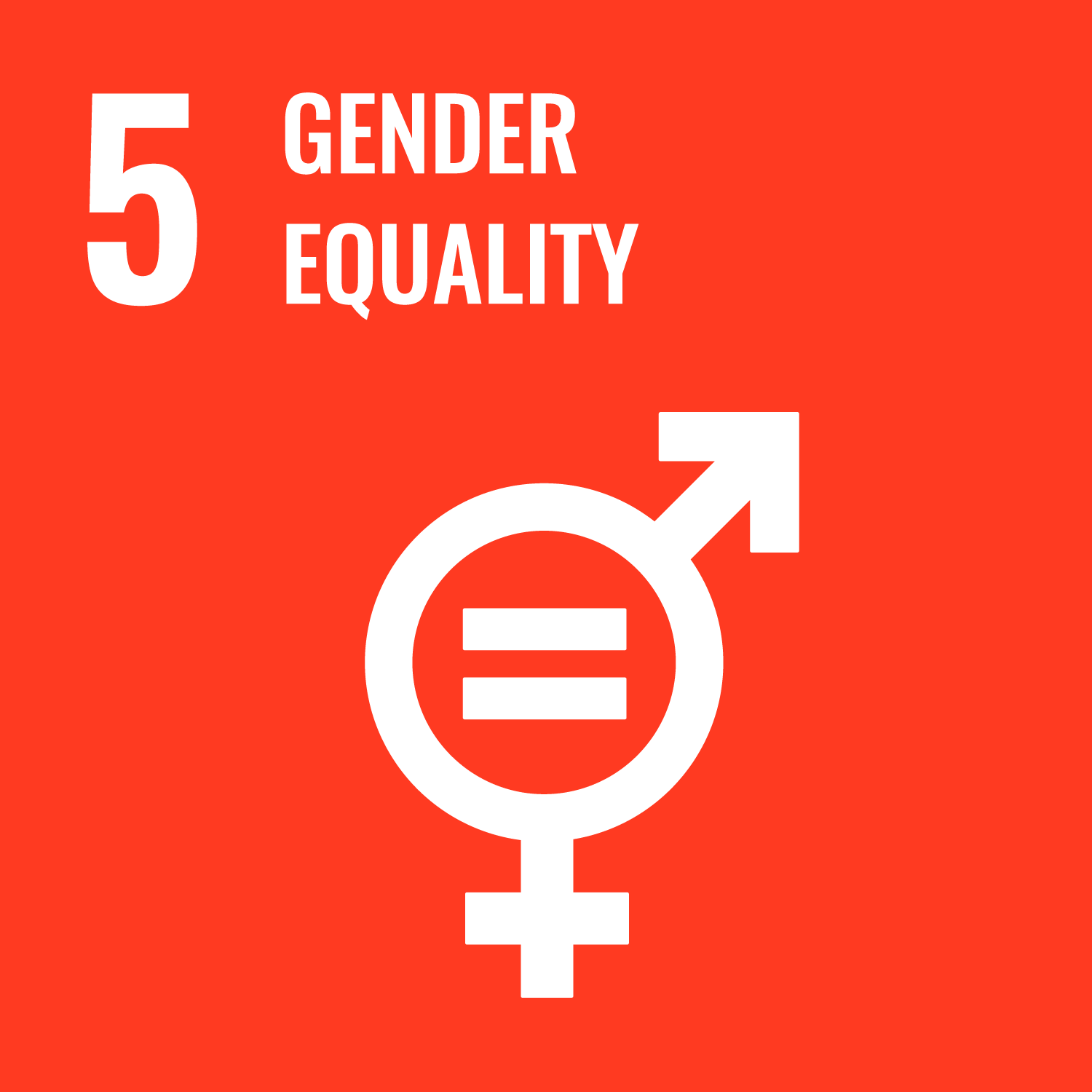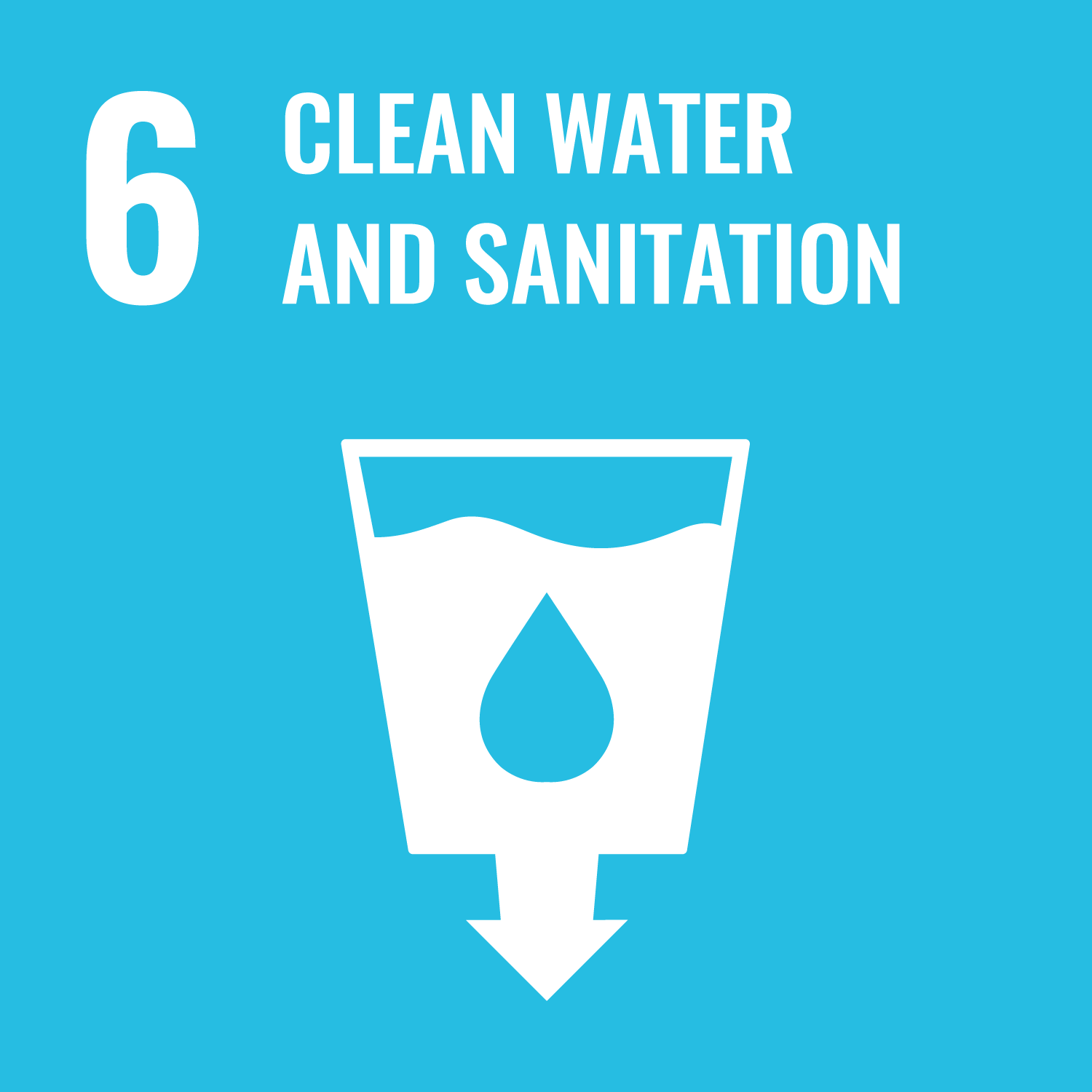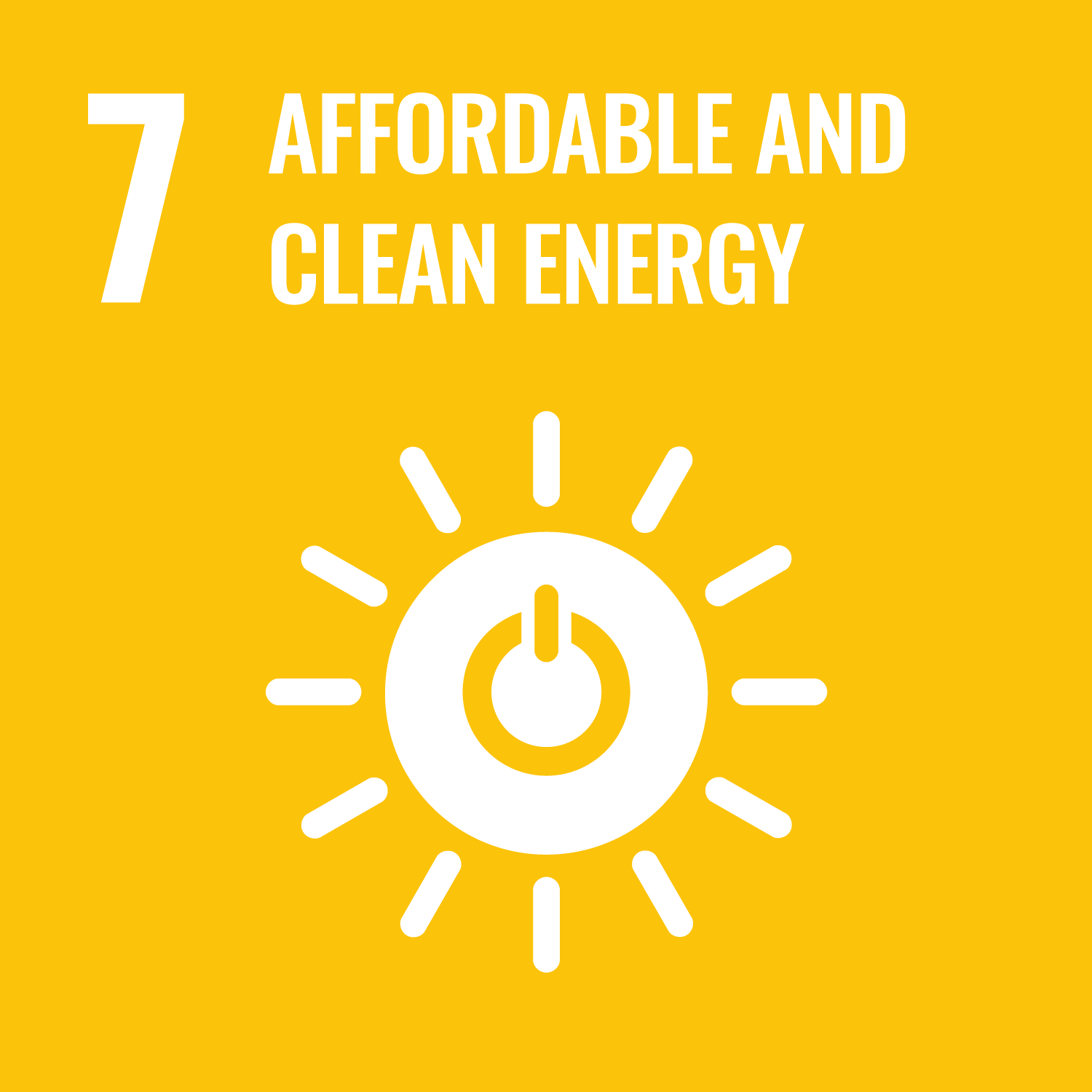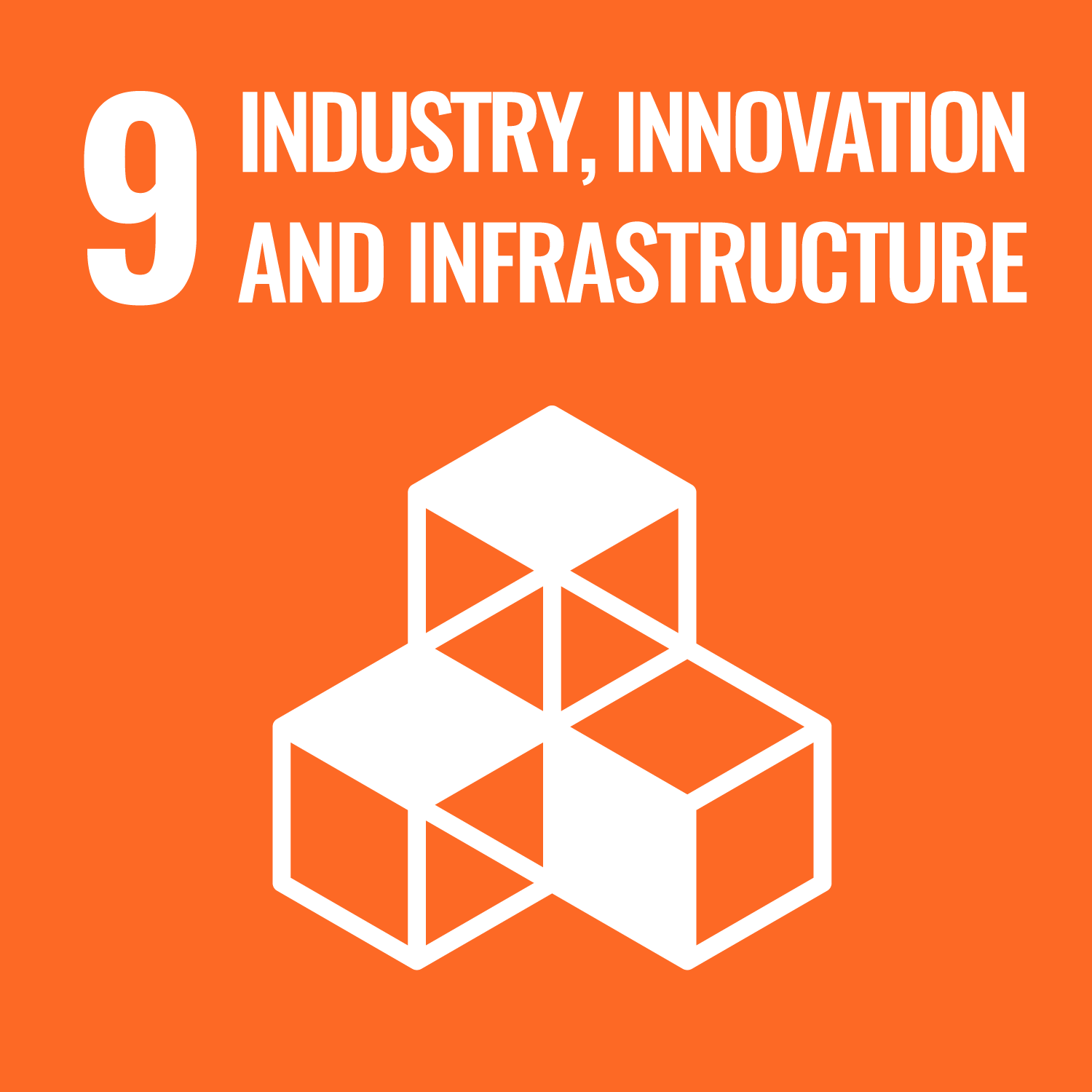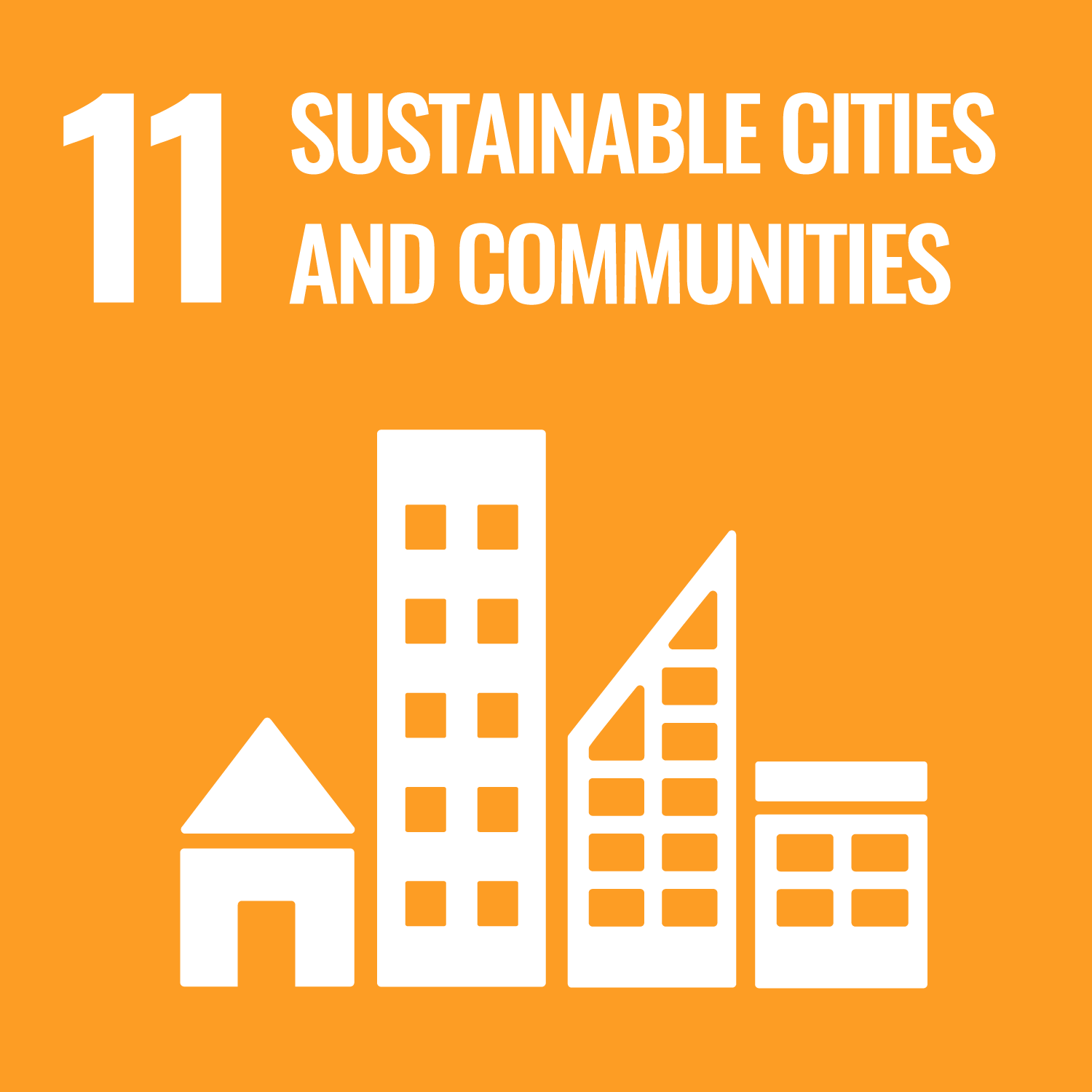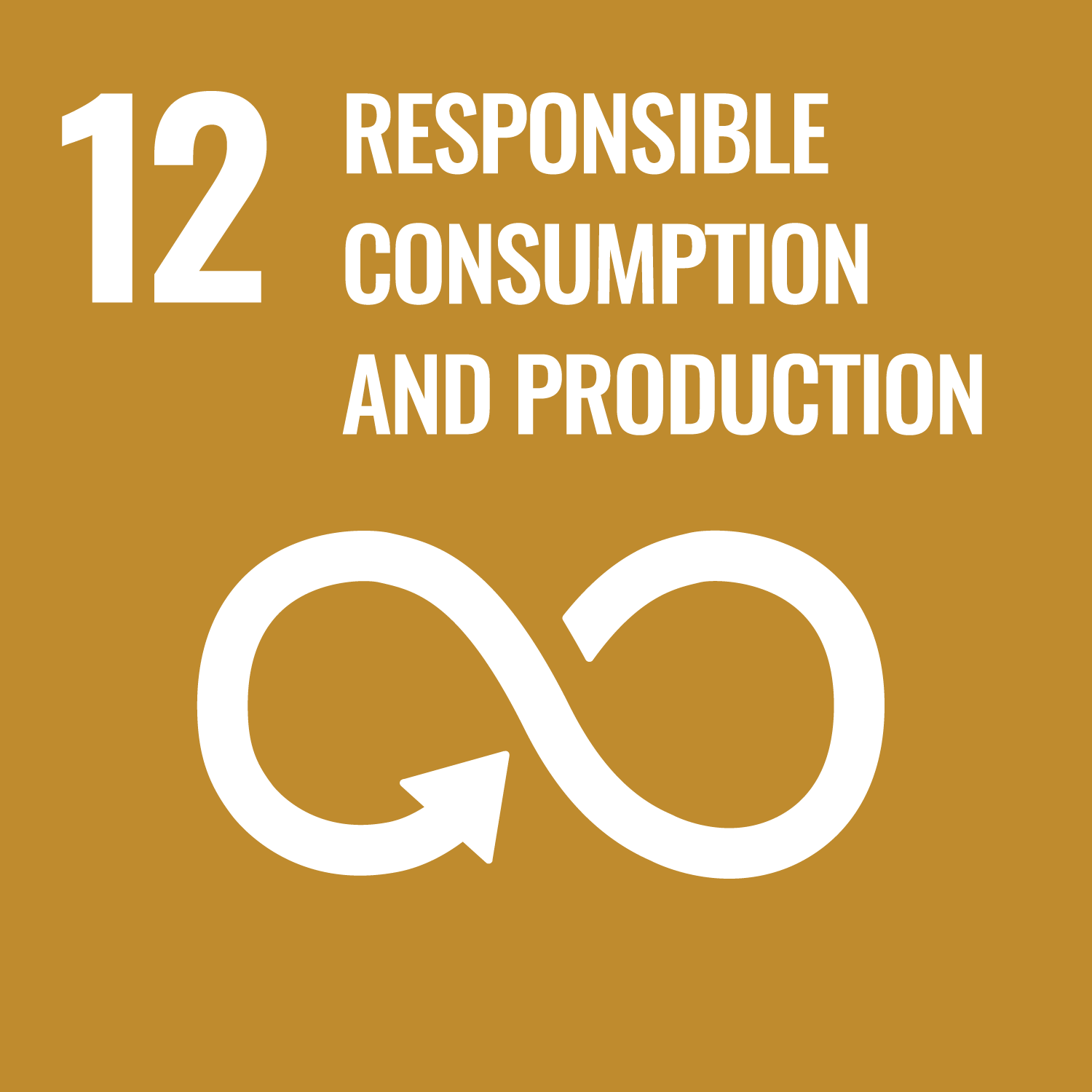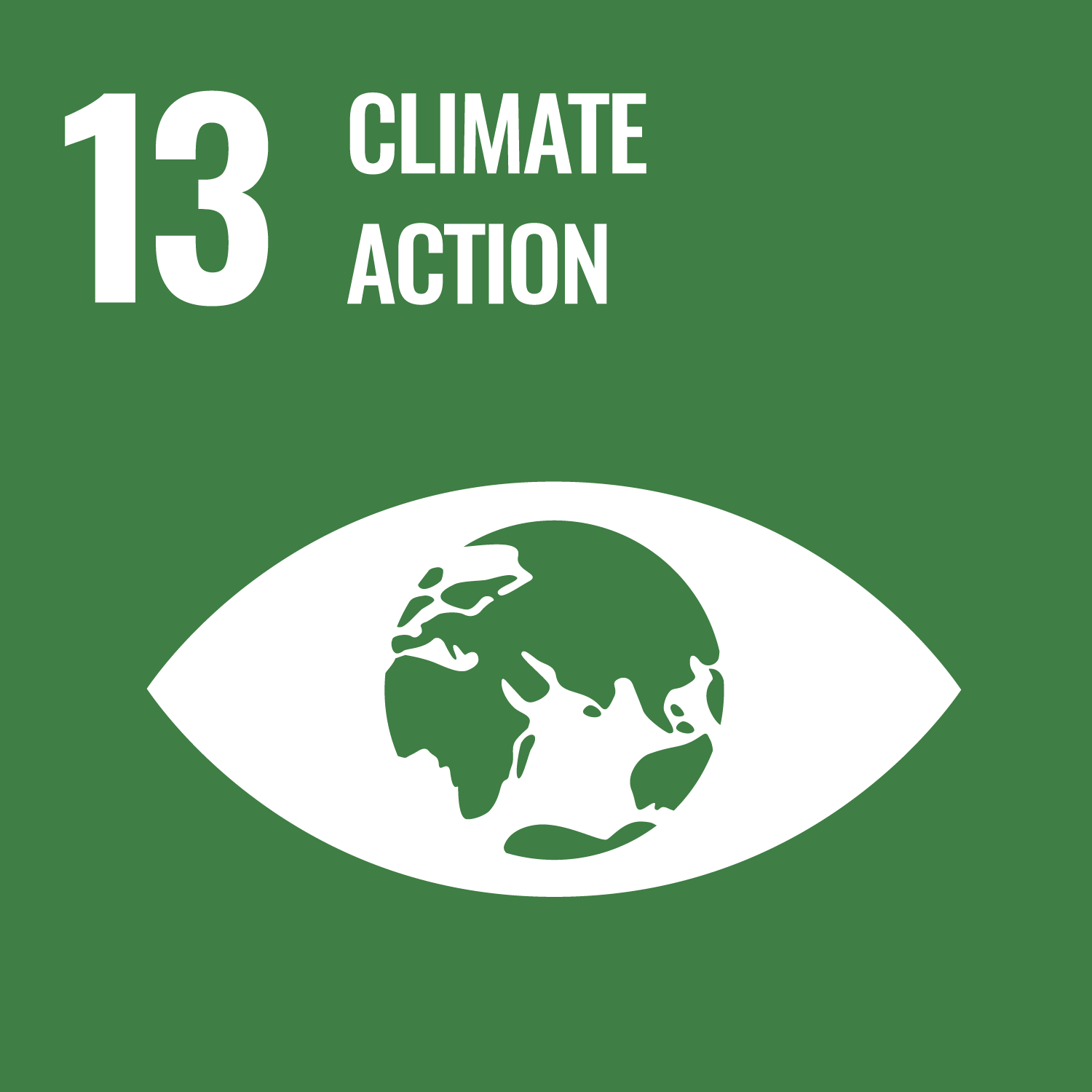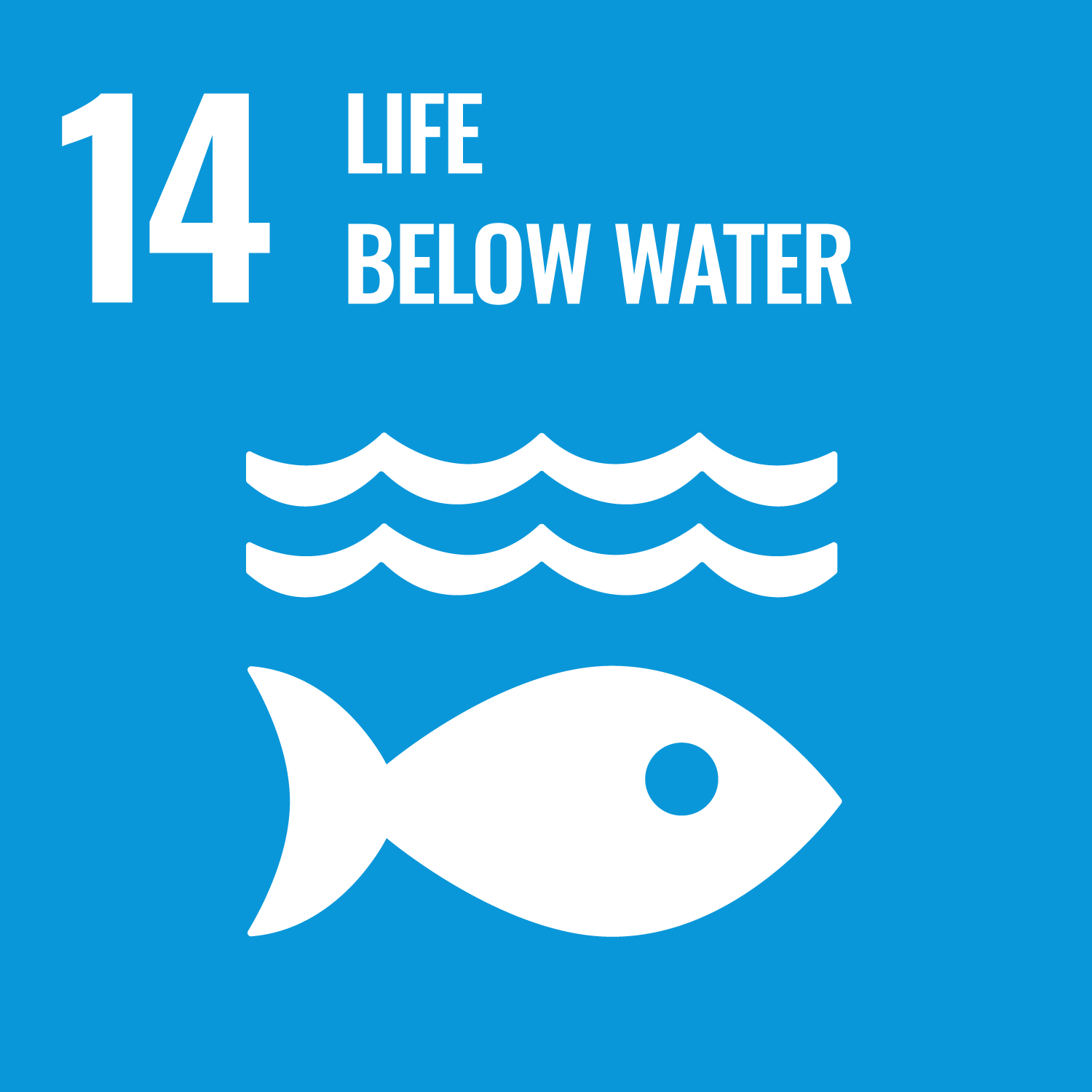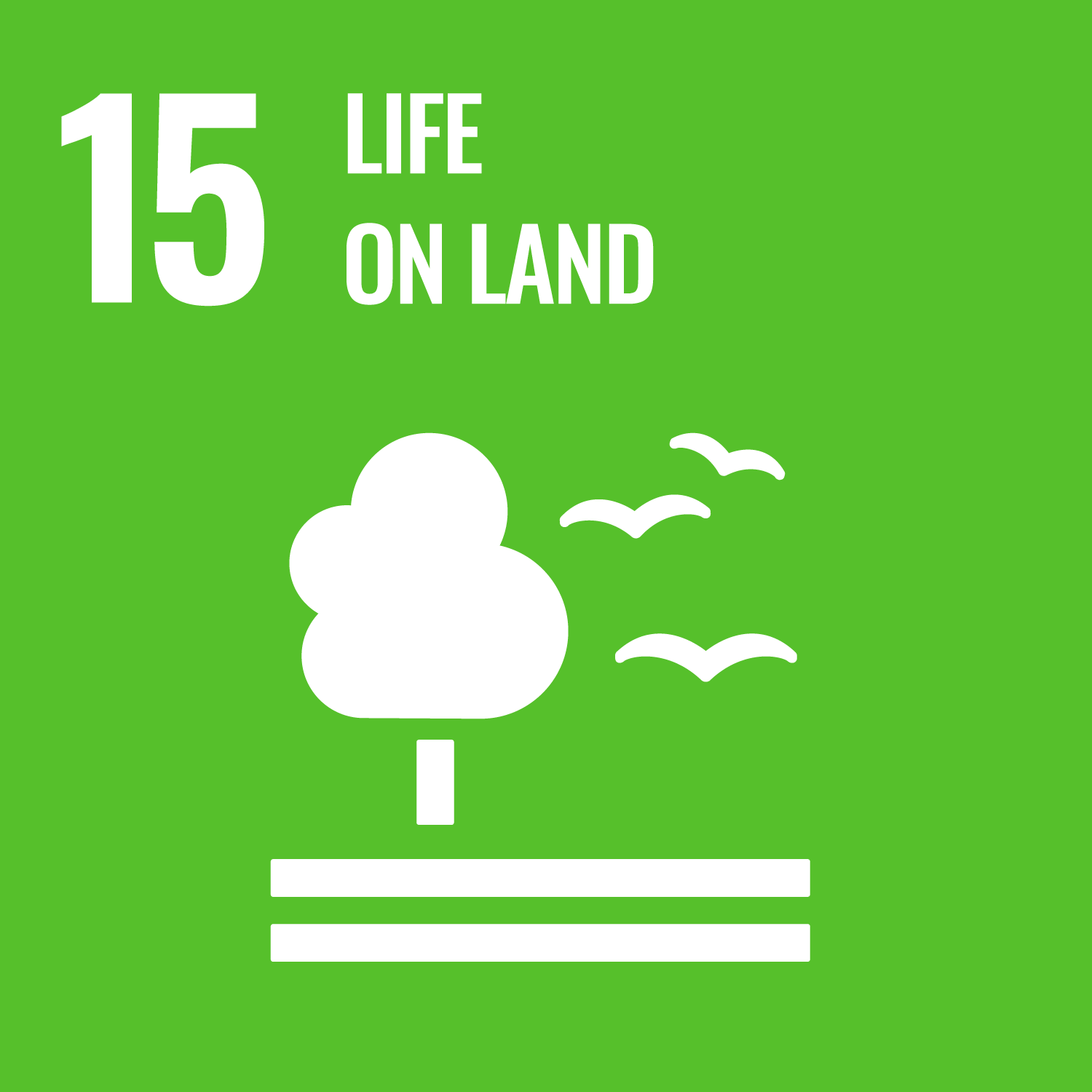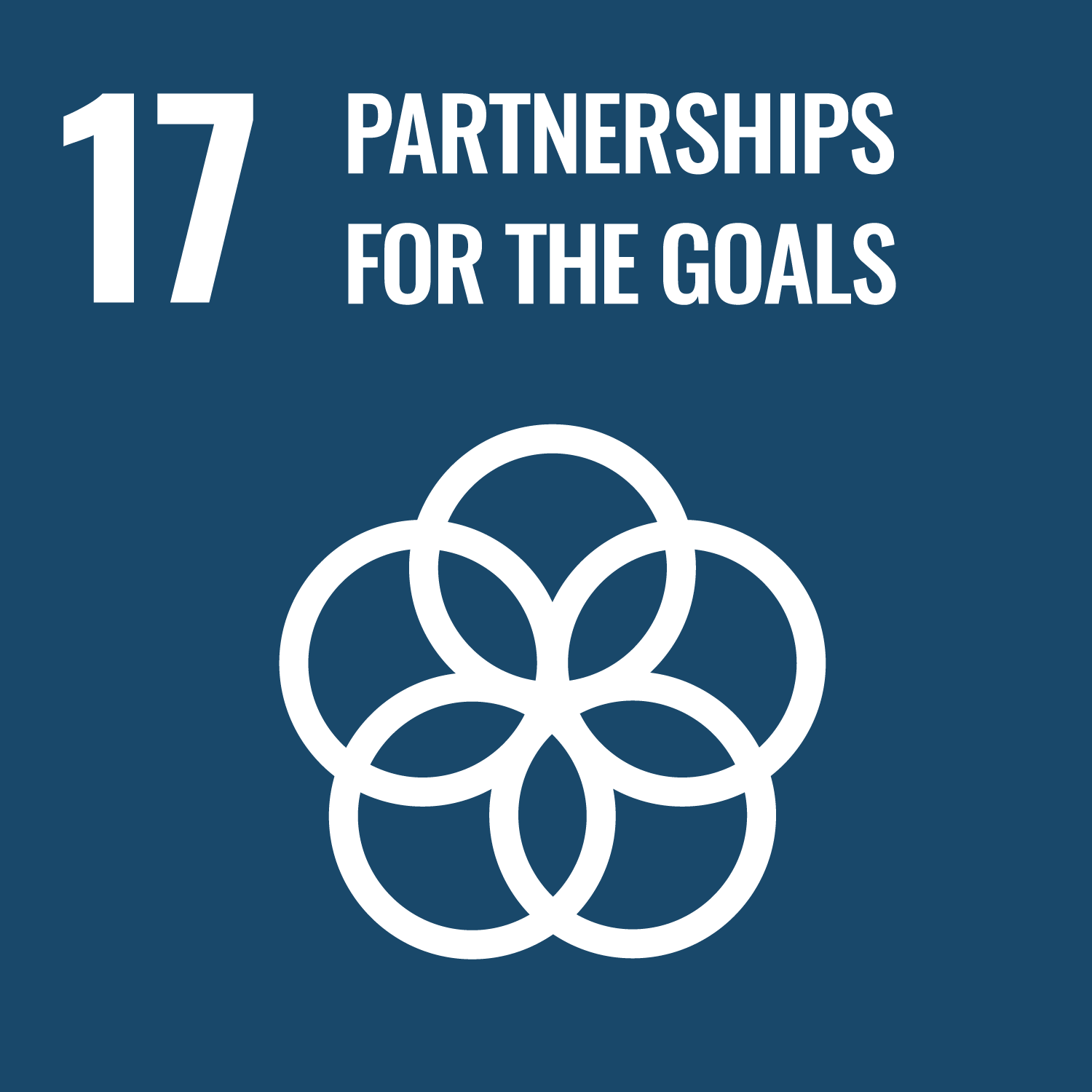"Survey of Drift and Marine Debris in the Offshore and Southern Ocean Areas of Japan by the Training Vessel Kagoshima Maru Project commissioned by the Ministry of Environment (Re-commissioned by Tokyo University of Marine Science and Technology)"
Faculty of Fisheries Training and Research Vessels Kagoshima-maru
https://www.fish.kagoshima-u.ac.jp/aboutus/organization/tvs/Background and objectives of activities
In recent years, marine pollution caused by marine plastic debris, including microplastics, has become an increasingly serious environmental problem that urgently needs to be addressed both domestically and internationally. In 2014, the Ministry of Environment began a survey using two training vessels from the Tokyo University of Marine Science and Technology to understand the actual status of drift and seabed debris, including microplastics, in the offshore areas around Japan. Since 2017, the survey area has been expanded to include the southern seas of Japan, and Hokkaido University, Nagasaki University, Kyushu University, and TUMSAT have also joined this initiative, and under the cooperation and collaboration of the five national universities, extensive marine surveys are being conducted using five fisheries and marine training vessels, including the Kagoshima Maru.
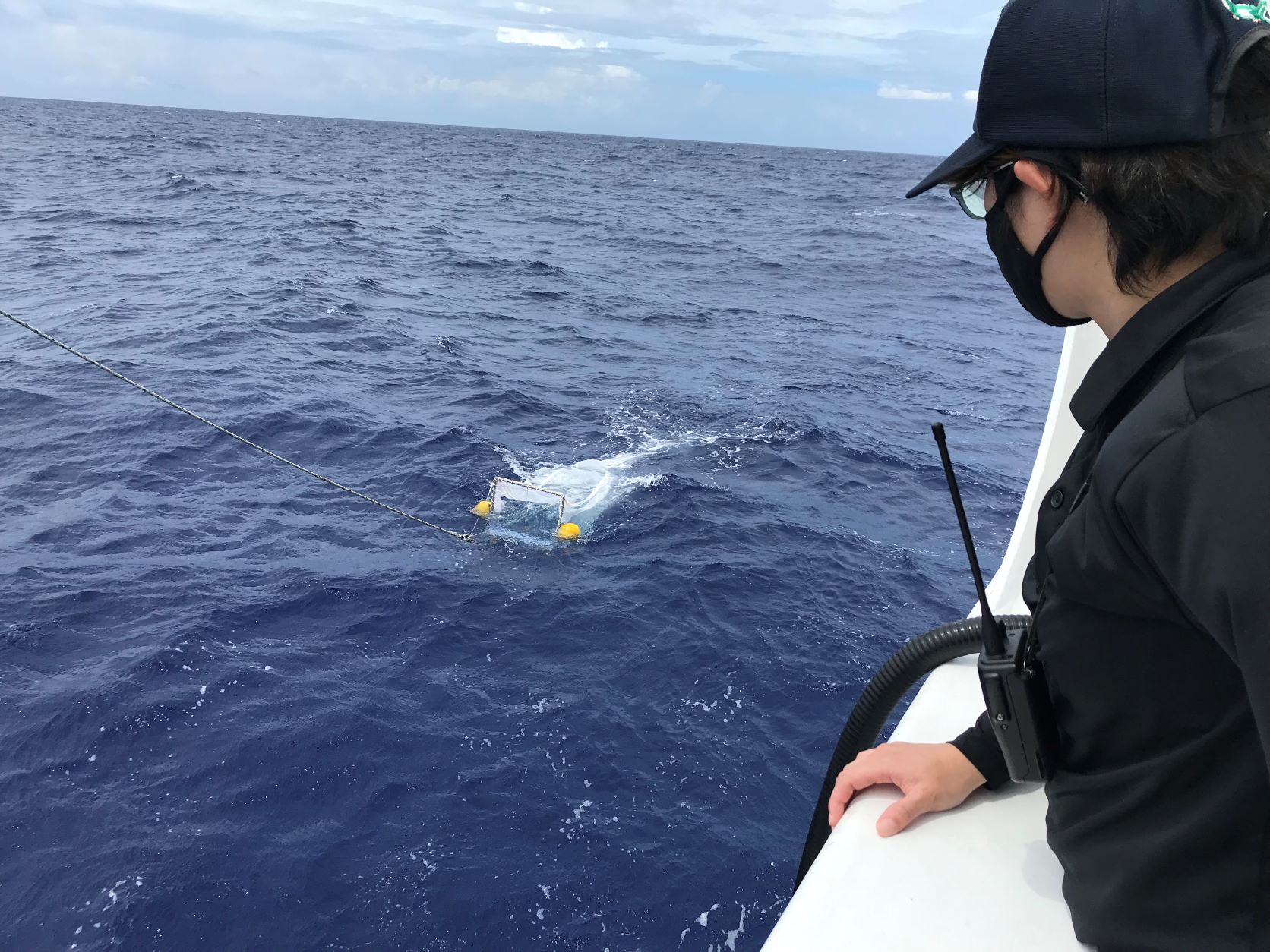
Summary of Activities
The Kagoshima Maru will conduct the following marine surveys in the waters off the southern coast of Japan (off the east coast of the Philippines) and in the East China Sea during regular training cruises to collect data and samples necessary for estimating the amount of existing floating debris and seabed debris, the density distribution of microplastics floating on the ocean surface, and to analyze the distribution characteristics.
(1) Visual observation of drifting marine debris from a vessel underway
(2) Collection of microplastics in the ocean using a Newston net
(3) Collection of marine debris by bottom trawl (in the continental shelf area of the East China Sea)
The results of the surveys will be analyzed together with the results of training vessels from other universities and published through academic papers, reports and public lectures.
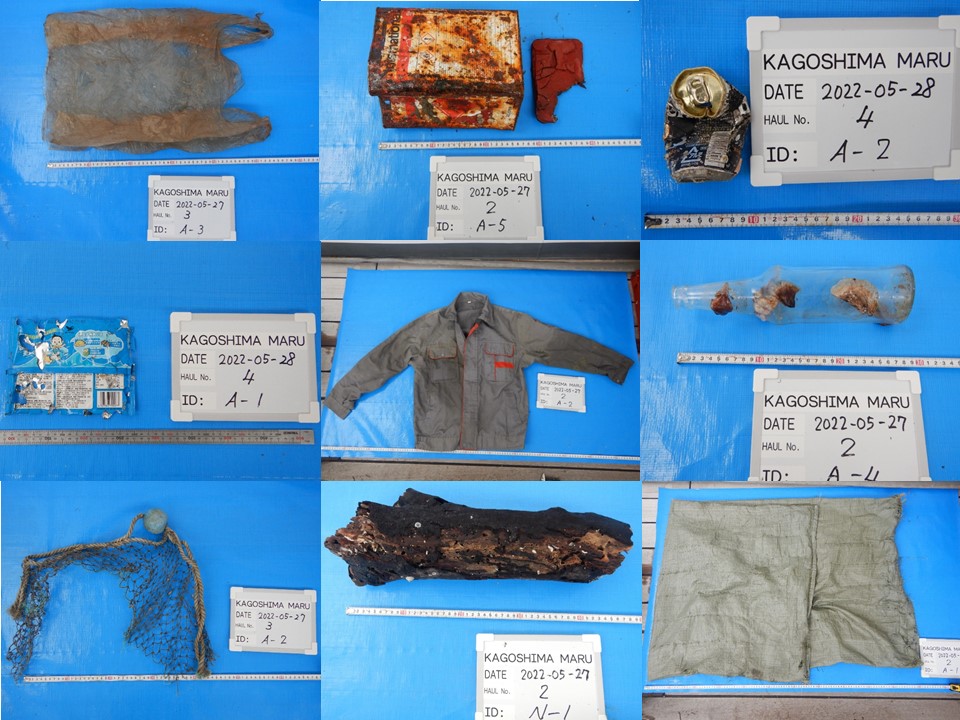
Expected Benefits
The Center contributes to marine conservation efforts through cooperation and collaboration among domestic and international research institutions, government, and industry by playing a role in a network that investigates the actual state of marine plastic debris pollution in Japan's exclusive economic zones (EEZs) and the high seas, and by publishing results and contributing data to a global marine debris database.



